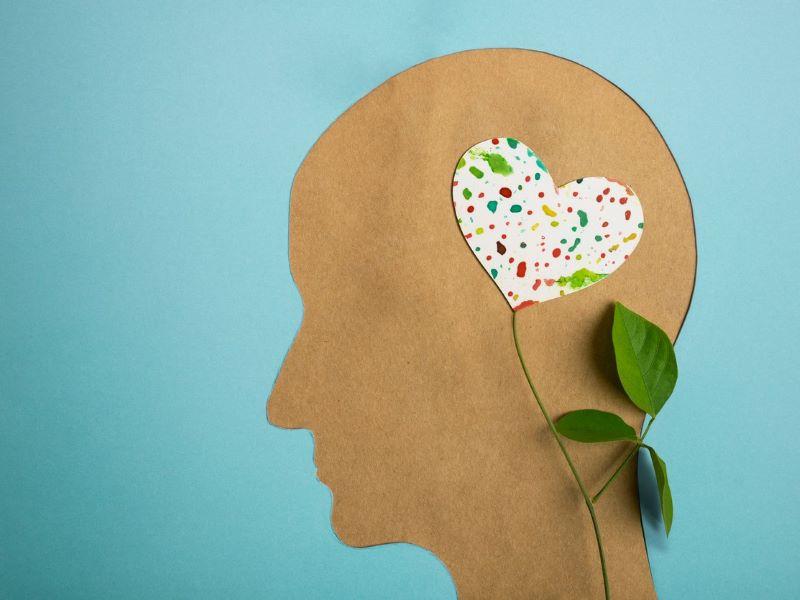
From struggle to strength: positive psychological growth through teaching and assessment
Kathleen Chim and Benjamin Chan offer practical advice on creating meaningful pedagogies, assignments and assessments that promote positive psychological growth in challenging times

The high prevalence of traumatic life events among university students is well researched. For some, the pandemic may qualify as a “” or even a “” event, creating distress, pain and loss, and . Together with developmental and academic stressors associated with this , the extent, magnitude and diversity of the post-Covid disruptions to their deserve greater attention.
While it is important to provide extra support to students during tough times, it is equally important to recognise the human capacity for resilience and growth from life’s challenges. Assignment design and pedagogies that encourage deeper learning help students understand the relevance of their work to the course and beyond. This encourages them to take control of their own learning and find personal meaning and strength.
- Looking after well-being in higher education
- Conversations around stress must move beyond ‘I’m fine, how are you?’
- Co-creating an interdisciplinary well-being module for all students
���ٳܻ��Գٲ�’ has an impact on their learning-related emotions, which in turn affects academic performance. Assignments that focus on self-learning and goal setting instil a growth mindset in students, through which they develop their knowledge and skills, learn from mistakes, and view them as an opportunity to grow.
In our work-integrated learning internship module, students routinely update a reflective log of their skills, knowledge, attitude, feelings, progress, and approaches to learning about the industry and themselves as a developing professional. In another module, students are required to write a reflective essay that identifies their characteristics and strengths and analyses how these may play a part in their lifelong journey of professional and personal development.
<������Ƶ>Beyond thank you and giving backGiving thanks is important, but it’s essential to express gratitude to those around us and to give back to society. Emerging evidence shows that being grateful is linked to students’ , as well as their .
After learning about the science of positivity in a course about positive psychology for personal growth, our students are given an “appreciation and gratitude” assignment, in which they write weekly reflections about their progress and achievement, how they have changed, and the people (including themselves) who made progress possible. Later, students can invite these individuals as guests to attend the Zoom class where they share their words of gratitude.
Helping others can aid our awareness of how much we have to be grateful for, develop empathy, and boost . Internship activities are a good way of getting students to work collectively to contribute to the common good of society. Examples include facilitating mental health webinars, assisting in funded research projects that aim to enhance the quality of palliative care, providing care to abandoned dogs in rescue shelters, and designing and delivering animal-assisted activities for community organisations.
Opportunities don’t just happen. At the end of the year-long module, internship partners can be invited to attend a sharing session, where students give a presentation, as a formative assessment, to not only share valuable internship experiences, but express gratitude for the mentorship, resources and opportunities received.
<������Ƶ>Connect, empower and inspireThe buffering effect of social support on psychological distress is , and alumni are important to peer learning and support. Alumni can be invited to share their achievement and progression, the ups and downs, and those pivotal journeys and lessons as a way to inspire peers and maintain supportive connections. These inspiring journeys from passion to profession can be featured as short personal stories on institutional or department websites and prospectuses, shared on information days, and promoted in social media posts.
Through cycles of application, goal setting, self-rediscovery and sharing, students learn that their performance is not solely judged by a grade or their answers to an examination, but through effort and persistence as self-directed learners, receptive to ongoing lessons and constructive feedback. The process of developing individual and collective “meaning” in learning helps students think and behave rationally, reasonably, and responsibly.
<������Ƶ>Rethinking the purpose and meaning of learningAs educators, we must recognise that learning comes from the thinking that students do. If one silver lining has come out of the pandemic, it is the opportunity to critically review, rethink, reimagine and redesign our teaching and assessment strategies.
By purposefully engaging students in a careful process of challenging the way they understand themselves and the world, evaluating their assumptions, and making meaning together through learning, we can transform stress into strength. This could serve as an “engine” of positive psychological growth after struggling through highly challenging life circumstances.
Kathleen Chim is associate head of the division of health and science and Benjamin Tak Yuen Chan is dean, both at the Li Ka Shing School of Professional and Continuing Education of .
If you found this interesting and want advice and insight from academics and university staff delivered directly to your inbox each week, .


